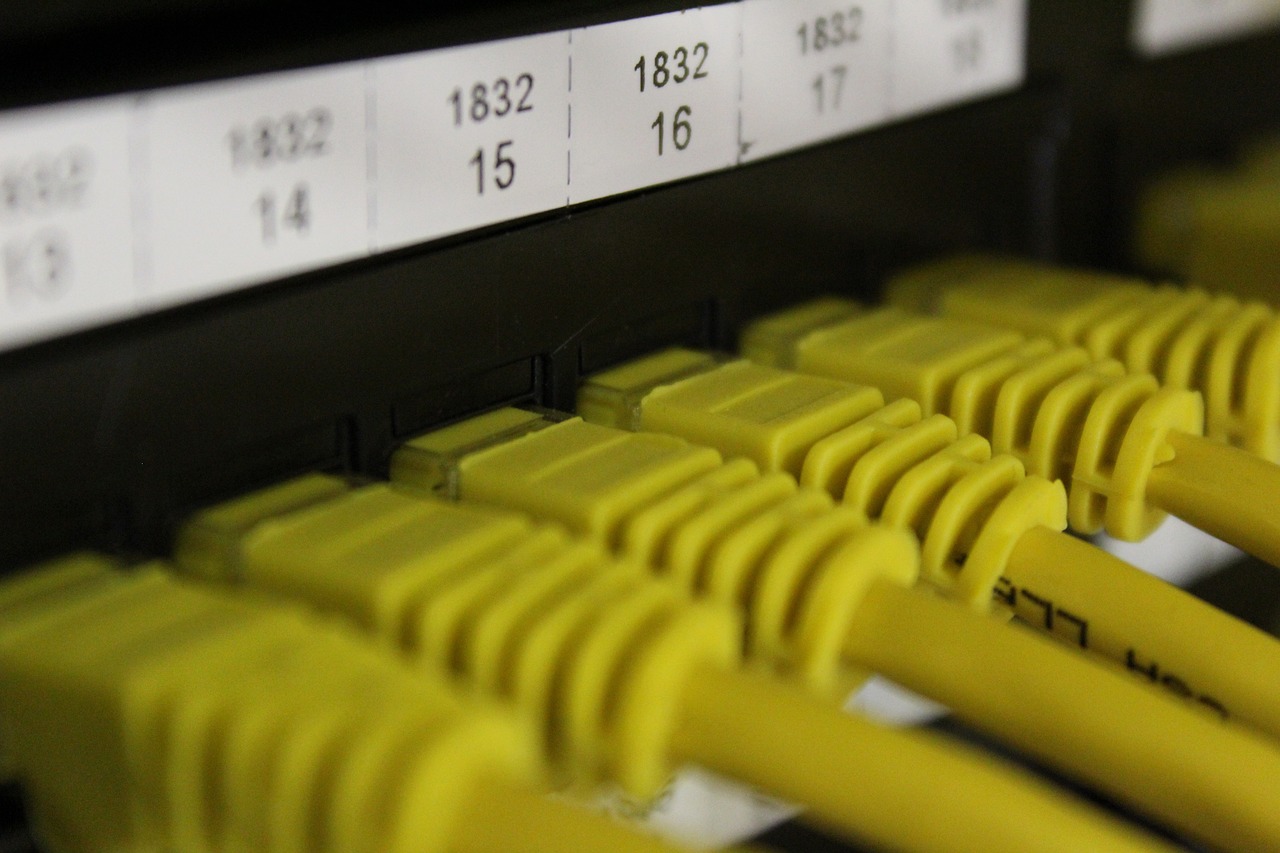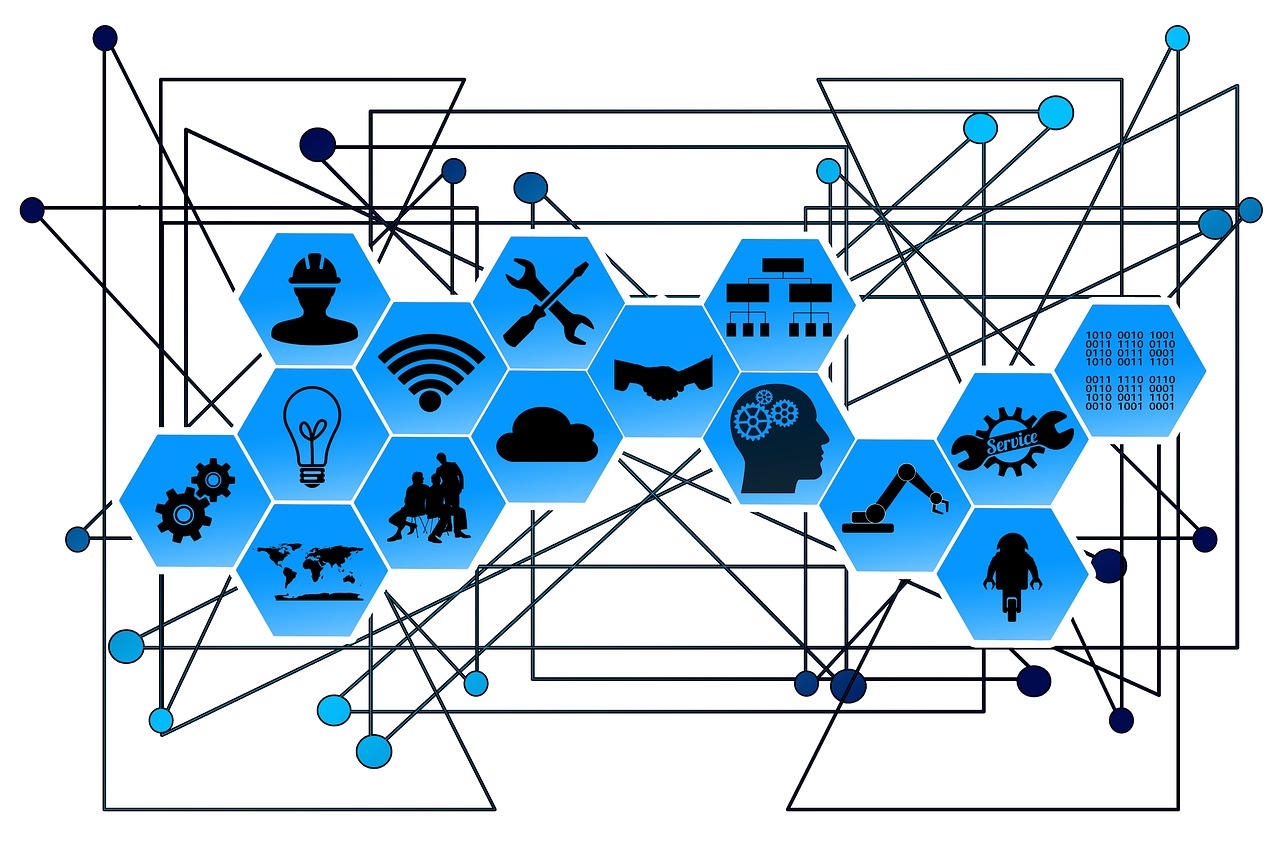
The Metaverse: Next Evolution of Digital Interaction
Explore the future of Artificial Intelligence (AI) and discover how it will transform industries, improve everyday life, and solve complex global challenges.
Introduction: The Future of Artificial Intelligence
Artificial Intelligence (AI) has already begun reshaping the world, from intelligent virtual assistants like Siri and Alexa to self-driving cars. However, we are only scratching the surface of AI’s potential. As AI technology continues to evolve, it holds the promise to revolutionize nearly every aspect of life, from healthcare to business to everyday tasks.
In this article, we will explore what AI can do in the future, highlighting its potential impact on industries, our daily routines, and even the global economy.
1. AI in Healthcare: Revolutionizing Patient Care
One of the most promising areas for Artificial Intelligence is in healthcare. AI is poised to change how we diagnose diseases, personalize treatments, and manage patient care. With advancements in machine learning and deep learning, AI-powered systems can analyze vast amounts of medical data to help doctors make faster and more accurate decisions.
- Example: AI algorithms can assist doctors in identifying early signs of diseases like cancer, allowing for earlier intervention and better treatment outcomes. IBM Watson Health is already using AI to analyze medical records and recommend personalized treatment plans.
- Impact: AI will enable doctors to deliver more precise, timely, and cost-effective care, ultimately improving patient outcomes and the overall efficiency of healthcare systems.
2. Autonomous Vehicles: Driving the Future
Another major area where AI is expected to play a pivotal role is in the development of autonomous vehicles. Self-driving cars, trucks, and drones powered by AI are already in the experimental stages, and as AI technology advances, these vehicles will become safer and more reliable.
- Example: Tesla’s Autopilot system uses AI to assist in driving by analyzing data from cameras, sensors, and radar to make real-time decisions on the road. Fully autonomous vehicles, like those being developed by Waymo and Uber, promise to revolutionize the way we commute.
- Impact: The widespread adoption of self-driving cars will not only reduce accidents caused by human error but also make transportation more efficient, accessible, and environmentally friendly.

3. AI in Business: Automation and Efficiency
In the future, AI will continue to streamline operations across industries by automating repetitive tasks and optimizing decision-making processes. AI-powered systems can analyze vast amounts of data to identify patterns and trends, enabling businesses to make smarter decisions faster.
- Example: Companies like Amazon use AI algorithms for inventory management, customer service (via chatbots), and even in their Amazon Go stores, where AI systems track purchases and allow customers to check out without a cashier.
- Impact: AI will help businesses increase efficiency, reduce costs, and provide a better customer experience, making it a vital tool for companies to remain competitive in a fast-changing market.
4. AI in Education: Personalizing Learning
In education, AI can be used to create personalized learning experiences for students, adapting to their individual needs and learning styles. With AI-powered tutoring systems, students can receive tailored lessons, feedback, and support at their own pace.
- Example: Khan Academy and Duolingo use AI to personalize the learning journey for students, offering content and practice exercises based on their proficiency and progress.
- Impact: AI has the potential to make education more accessible, improve learning outcomes, and provide individualized support to students worldwide, especially in underdeveloped areas.
5. AI in Creativity: Transforming Art and Entertainment
Artificial Intelligence is already having an impact on creative fields, from art and music to filmmaking and content creation. AI tools can now generate artwork, compose music, and even write stories, challenging traditional ideas of creativity.
- Example: OpenAI’s GPT-3 can generate human-like text based on prompts, while DeepArt uses AI to transform photos into works of art in the style of famous artists like Van Gogh or Picasso.
- Impact: As AI continues to evolve, it will not only assist creators in their work but may also lead to new forms of interactive media, where humans and AI collaborate in the creative process.

6. AI and Robotics: Revolutionizing Manufacturing and Labor
AI-powered robots are already being used in manufacturing and logistics, and the future promises even more automation. Robots powered by AI can perform tasks with incredible precision, working around the clock without tiring. These robots will also work in environments that may be dangerous for humans, such as hazardous areas or space exploration.
- Example: Boston Dynamics‘s AI-powered robot Spot is used in industries like construction and security to inspect sites, monitor conditions, and gather data.
- Impact: AI-driven robotics will increase productivity and safety in the workforce, while also leading to the development of new industries and jobs related to AI maintenance, programming, and ethics.

7. AI and Ethics: Addressing Bias and Privacy Concerns
As AI continues to permeate every aspect of life, questions around AI ethics will become more pressing. Issues such as bias in AI algorithms, privacy concerns, and the potential for misuse of AI technology will need to be addressed as AI becomes more widespread.
- Example: AI bias in hiring algorithms has led to companies revisiting their AI models to ensure they don’t favor certain demographics over others. Facial recognition technologies have raised concerns about privacy, especially when used by governments or law enforcement agencies.
- Impact: The future of AI will require robust ethical frameworks and policies to ensure that AI technologies are used responsibly, fairly, and transparently.
8. AI in Environment and Sustainability
AI can be used to address some of the world’s most pressing environmental challenges. By analyzing large datasets, AI can help predict climate patterns, optimize energy usage, and even develop sustainable farming practices.
- Example: AI-powered systems like Google’s DeepMind are being used to improve energy efficiency in data centers, reducing their environmental footprint.
- Impact: AI could be a key tool in mitigating climate change, helping us make more informed decisions about resource management, waste reduction, and sustainability.
Conclusion: The Limitless Potential of Artificial Intelligence
The future of Artificial Intelligence holds immense potential. From healthcare and transportation to education, business, and creativity, AI will continue to revolutionize industries and enhance our daily lives. However, its success will depend not only on technological advancements but also on responsible implementation and ethical considerations.
As we move forward, the collaboration between humans and AI will unlock new opportunities and solve complex global challenges, pushing the boundaries of what is possible and making the world a more efficient, innovative, and connected place.





